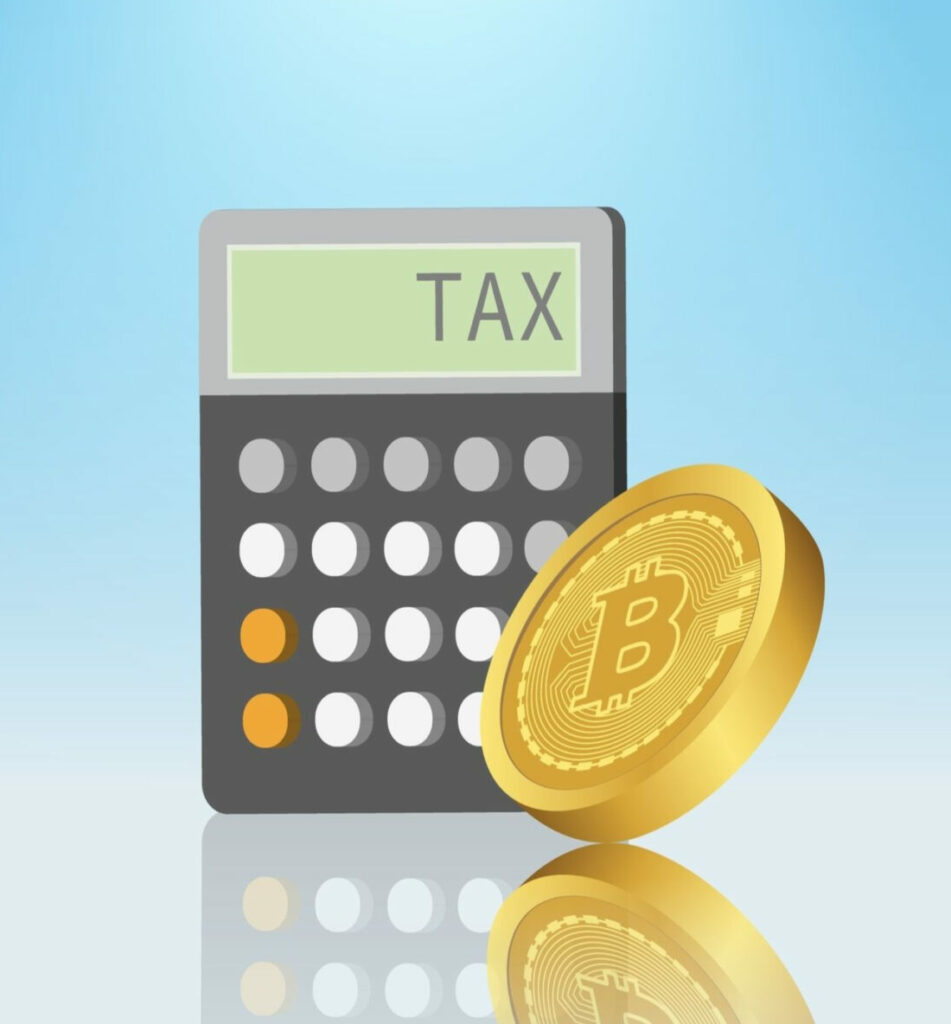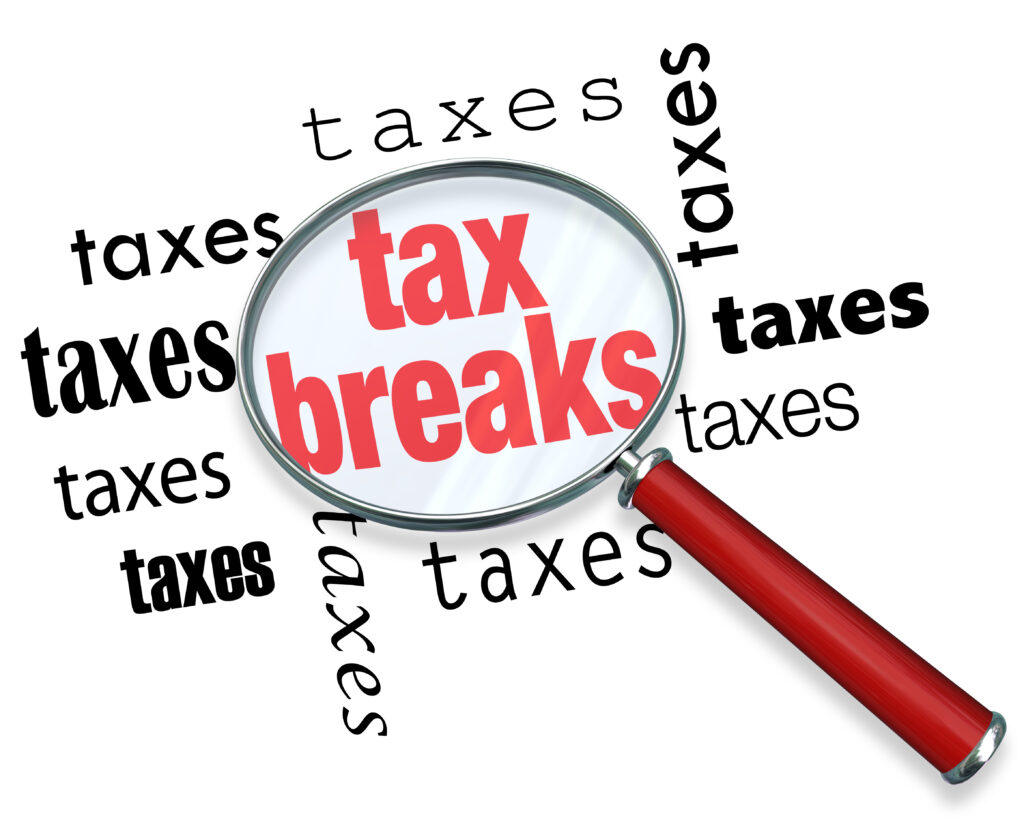Crypto Taxes in Switzerland: The Complete Guide
This is how crypto taxes in Switzerland works –
You’re liable to capital gain taxes, only if you qualify as a self-employed trader or business.
Switzerland is known as a crypto nation.
Why?
Well, because it has some of the most progressive, crypto-friendly regulations and tax laws. As a result, the country is home to numerous crypto and blockchain startups.
In this article, we’ll discuss:
- How crypto taxation in Switzerland works
- Common crypto taxable events and their tax consequences
- What are some crypto tax-breaks available
- How to report your crypto taxes in Switzerland
How Does the Swiss Federal Tax Administration View Crypto?
Similar to stocks and bonds, the Swiss Federal Tax Administration classifies crypto as private wealth assets.
How is Crypto Taxed in Switzerland?
Private wealth assets are not liable for capital gain taxes in Switzerland. And since crypto is a private asset, you don’t pay any capital gain taxes on crypto.
Following are the conditions that exempt you from capital gain taxes:
- You held your crypto for 6+ months.
- Your gains are less than 5x your holding at the start of the financial year
- Your net capital gain is less than 50% of your total income in a financial year.
- You have no debt financing.
- You use derivatives solely for hedging.
But you’re only exempt from capital gain taxes if you buy crypto as a private investment tool. Otherwise, you’ll qualify as a self-employed trader or business, in which case you do pay capital gain taxes.
Other than capital gain taxes, you’ll also pay income and wealth tax on crypto when applicable.
Let’s break down both.
Firstly, if you receive your income in crypto or receive crypto for selling your products or services, you’ll be liable to ordinary income taxes.
The following are some common crypto activities where you’re liable for income taxes:
- Mining rewards
- Staking rewards
- Airdrops
- DeFi protocols (yield farming, lending interests, etc.)
Lastly, if you qualify as a private investor buying crypto for investment purposes, wealth tax is the only tax you’ll be paying. The wealth tax rate is so low (0.3-1%) that it’s almost negligible.
But how do you calculate your wealth taxes?
Well, that’s what we’ll find out in the next section.
How to Calculate Crypto Taxes in Switzerland

At every year-end, on 31st December, the FTA provides the taxation value of the most commonly used cryptocurrencies, like Bitcoin, Ethereum, Litecoin, etc. This value is determined based on the average price these cryptocurrencies are trading for throughout a range of exchanges.
In case the FTA doesn’t provide the taxation value of certain crypto you’re holding, its value will be the same as it is on the platform you’re holding it on.
Confused, right?
Here’s an example:
Suppose you’re holding 1 SOL on Coinbase, and it’s priced at $35 on 31st December. In that case, you’ll declare its fair market value as $35 and will pay tax accordingly.
Income tax rates are pretty straightforward in Switzerland. It’s made up of three different taxes –
Federal Income Tax: A progressive and uniform tax rate across the country that ranges between 0.77-11.5%
Canton Income Tax: The canton tax rates vary based on where you live. All 26 cantons have their own tax rates.
Municipal Income Tax: Every municipality sets a tax rate of its own. However, most follow the Canton tax rate.
As for calculating capital gains, if the fair market value of your cryptocurrency is greater than its cost basis at the time of sale, you’ll realize a capital gain (or loss) and will be taxed accordingly.
Cost Basis – FMV = Capital Gain (or Loss)
On a side note, since you don’t pay any capital gain taxes if you’re a private investor, you also can’t offset your losses unless you qualify as a self-employed trader or business.
And that’s how you calculate crypto taxes in Switzerland.
If all of this sounds too confusing for you, consider using Bitcoin.Tax.
Bitcoin.Tax automatically collects all your transactions, calculates your taxes, and creates a tax report for you, while you can just sit back and relax.
Crypto Taxable Events in Switzerland
Crypto taxes in Switzerland are pretty straightforward for the most part. But there are always some taxable events that are not.
The following are some common taxable events and their tax consequences in Switzerland.
Getting Paid in Crypto
Getting paid in crypto for your job or selling your products or services is a taxable event. More specifically, you’ll pay ordinary income tax rates on your crypto income. The same applies to ventures like mining & staking.
Holding Crypto
This is where crypto taxes in Switzerland differ from other countries. Unlike other countries, holding crypto is a taxable event in Switzerland. Every year, you’ll pay wealth tax on the total amount of crypto you hold. The FTA does offer some allowances, though. More on this later.
Gifting Crypto
Gifting crypto is a taxable event in Switzerland. Every canton has a different tax rate for gifting crypto, ranging from 2-36%. While, in some cantons, there’s no tax on gifting crypto, some have reduced taxes.
It all depends on how much you gift, who you gift it to and where you live.
Tax-Free Crypto Transactions in Switzerland
Following are a few crypto transactions that carry zero tax liability.
Swapping Crypto
Since selling crypto is a non-taxable event for private investors, swapping crypto also carries zero tax liability. But then again, if you qualify as a self-employed trader or business, you might have to pay taxes on swapping one crypto for another.
Buying Products or Services with Crypto
It follows the same logic as swapping crypto – no taxes on purchasing goods and services with crypto for private investors.
Donating Crypto
Though there are no official guidelines from the FTA on whether donating crypto is tax-deductible or not, there’s a way around it.
If you’re a private investor, you can sell your crypto without triggering any tax consequences and use the fiat currency to donate and claim a deduction.
Crypto Tax Breaks in Switzerland

So far, we have discussed how crypto taxes in Switzerland work, how to calculate taxes and some common taxable and non-taxable crypto transactions.
But what about tax breaks?
The FTA does provide a few tax breaks for its taxpayers.
For starters, private investors don’t pay any capital gain taxes, which is probably the biggest one.
The FTA offers an income tax allowance of 14,500 CHF per tax year at the Federal level. Other than that, every canton has its own income tax allowances.
Lastly, you’re exempt from wealth tax if your total asset value is less than 100,000 CHF in a financial year. This allowance can be further increased if you have dependents. Or you can use your debts and loan amounts to lower your total asset value.
How to Report Crypto Taxes in Switzerland
You must report your income from your occupation, business and self-employment activities on your annual tax return. You can do it by visiting your cantonal tax administration website online. Keep in mind that you must pay your taxes before 31st March as that’s the deadline.
And that’s all. That’s everything you need to know about crypto taxes in Switzerland.